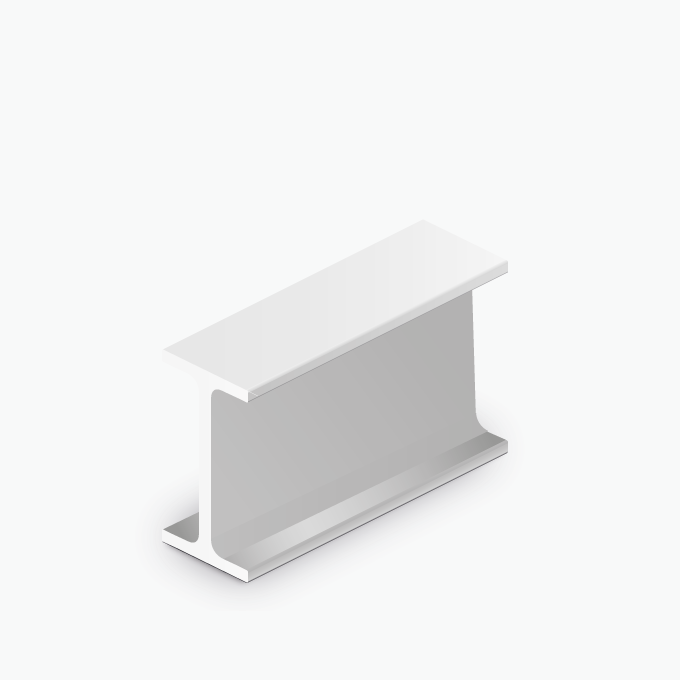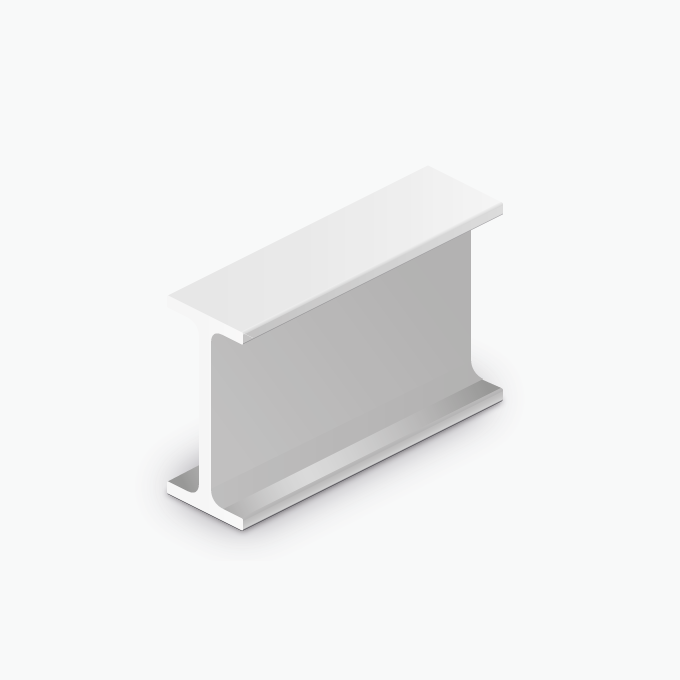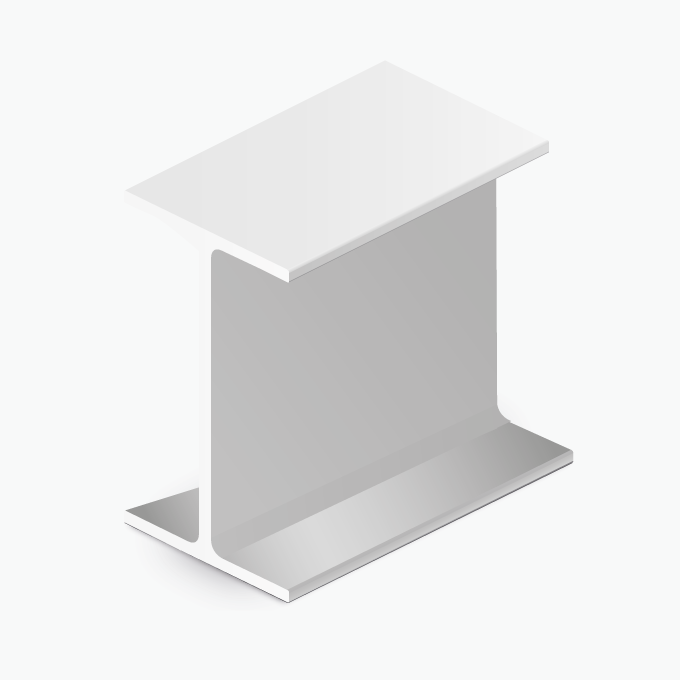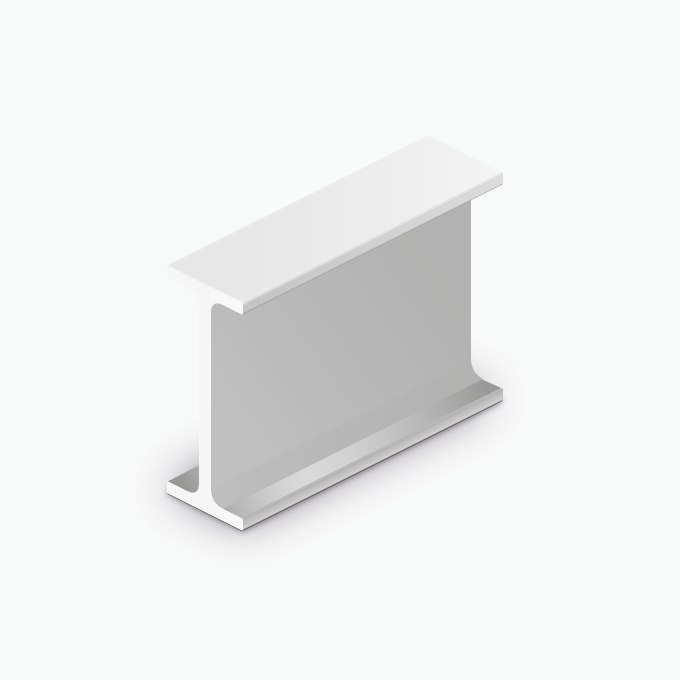
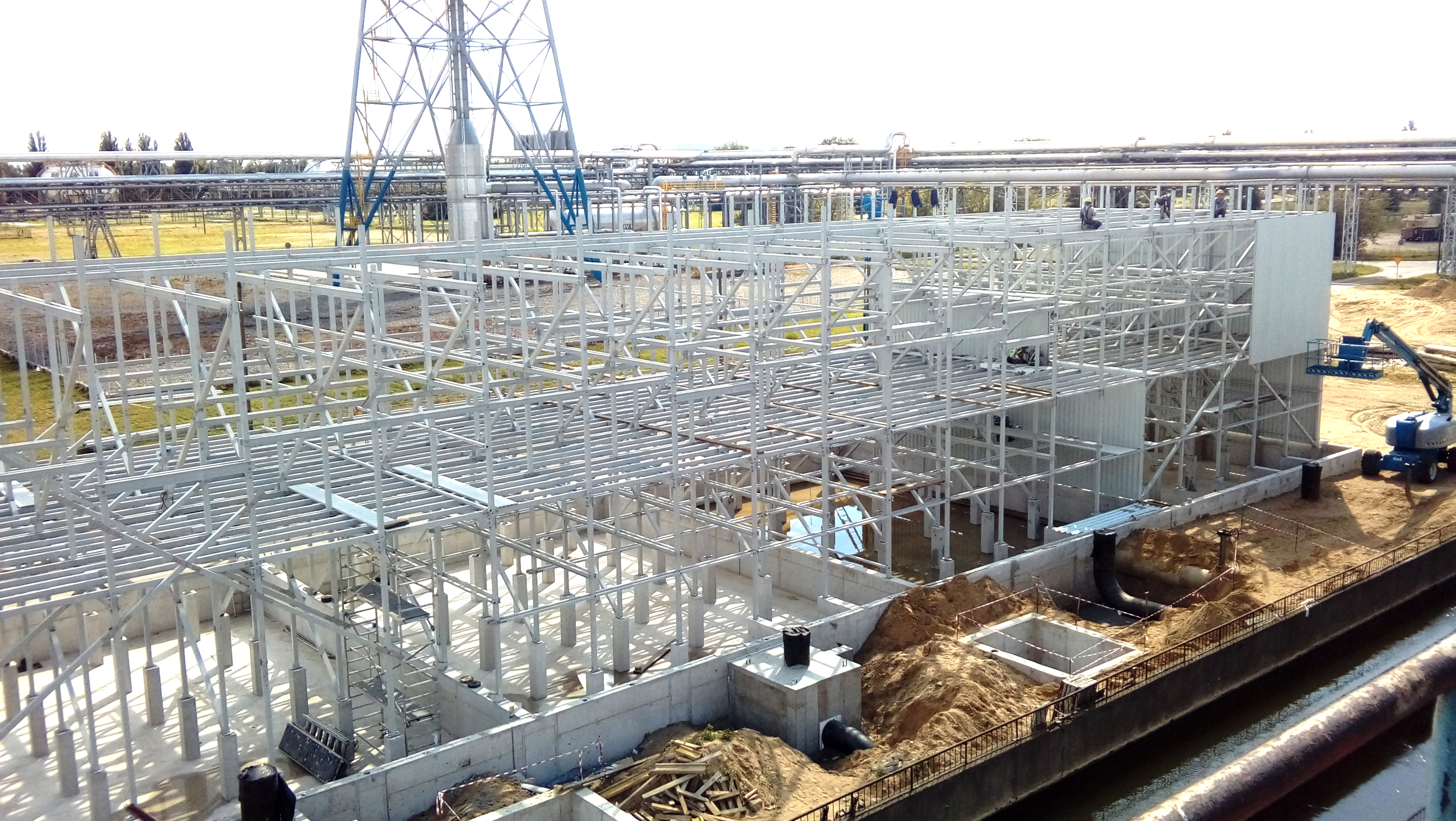
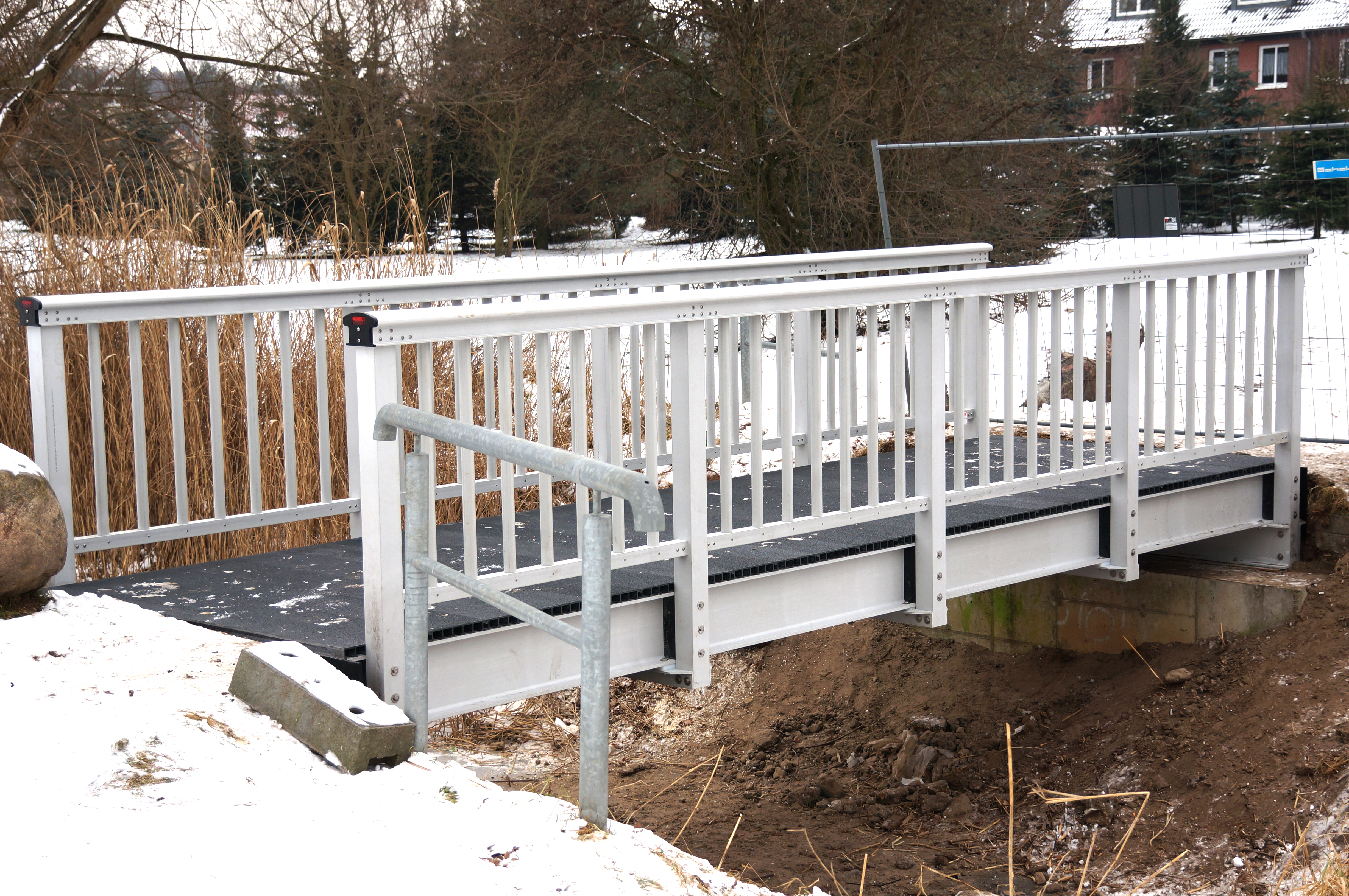
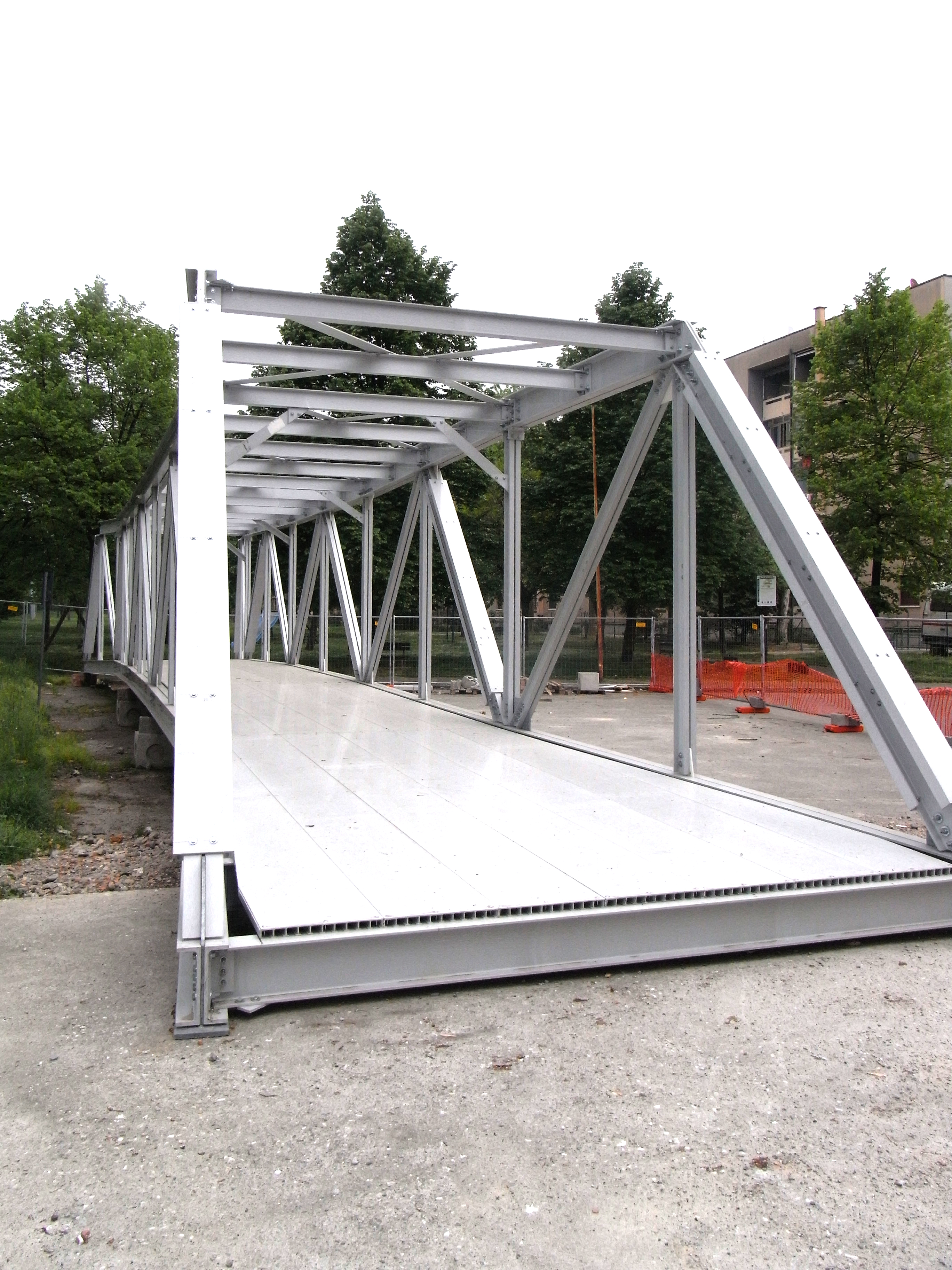

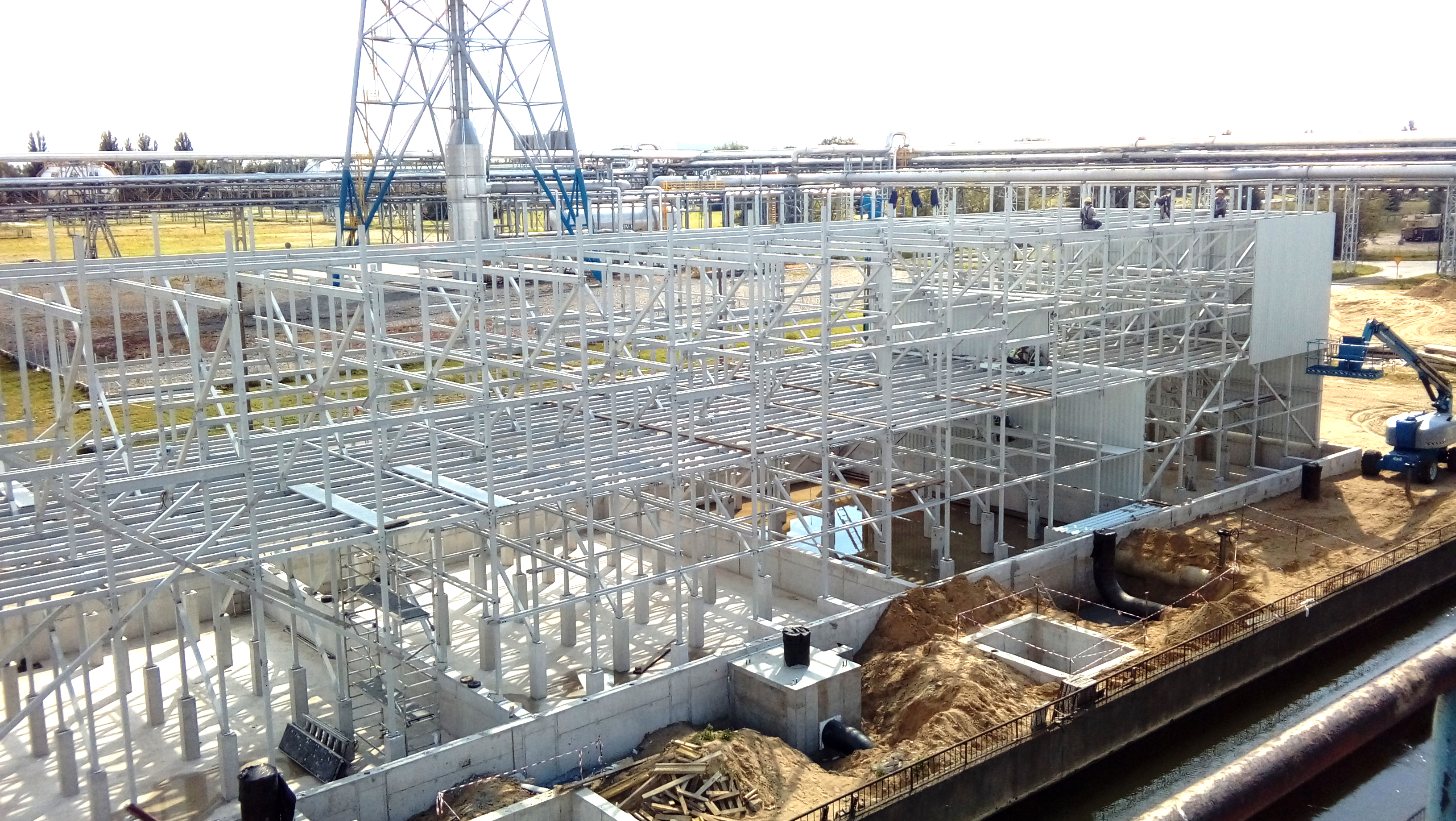
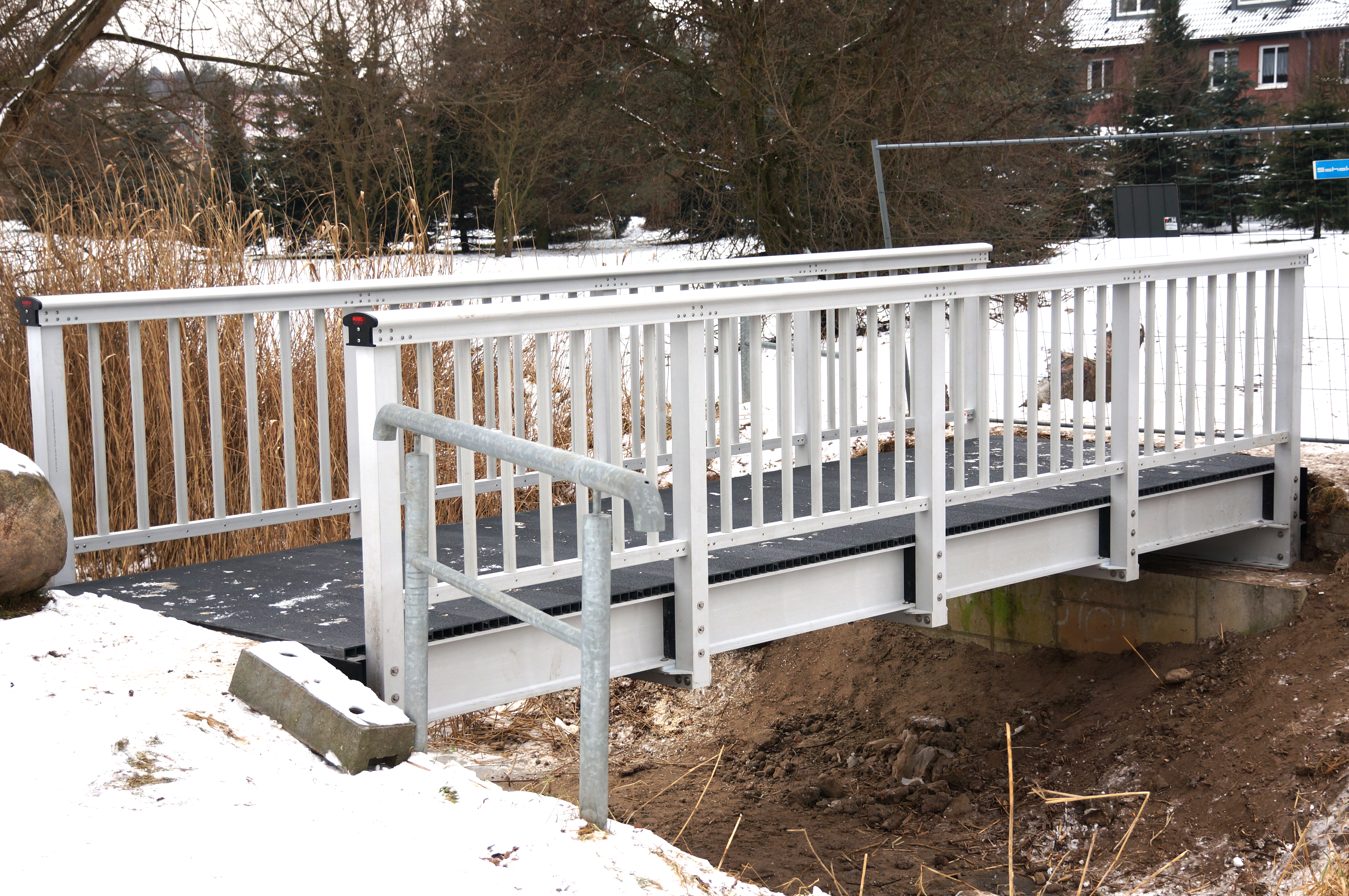
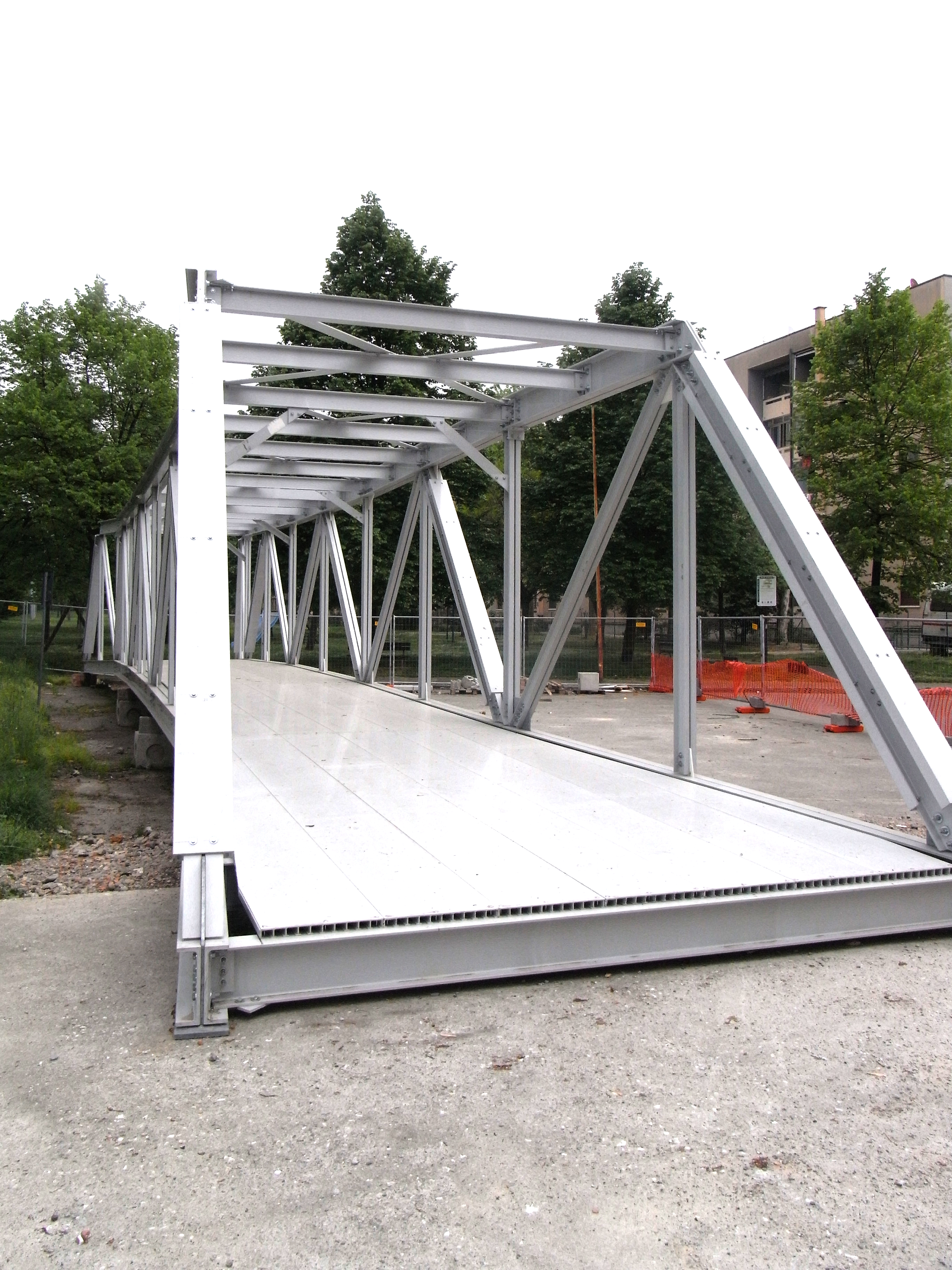

I-profiles 240 x 120 x 12 mm
Fiberline's fibreglass I-profiles combine a number of unique properties such as outstanding stiffness-to-weight ratio and corrosion resistance in almost any environment. This makes the profiles a cost-effective alternative to steel and aluminum. Other advantages include electrical and thermal insulation as well as easy on-site machining.
Not a member yet?
See personal prices, cut to size & view order history.
Need samples?
Why not buy a sample box before making up your mind?
Description
Description
Fiberline's fibreglass I-profiles combine a number of unique properties such as outstanding stiffness-to-weight ratio and corrosion resistance in almost any environment. This makes the profiles a cost-effective alternative to steel and aluminum. Other advantages include electrical and thermal insulation as well as easy on-site machining.
Application
With the high strength and stiffness of the I-profile the range of applications include girders in beam bridges as well as support beams for flooring and platforms. Due to the low weight and water absorption of the material, the profiles are also used for moveable floors in swimming pools.
Technical data
For Technical data, press the question mark (?) on the product variant below.
Quality and standards
Our profiles are certified according to a number of recognised standards, including CE, aBG and EN13706. This is your guarantee that you get a high, consistent quality every time you shop with us.
Quality and standards
Quality and standards
EN 13706-3:2002
ISO 9001
CE-marking

Specifications
Specifications
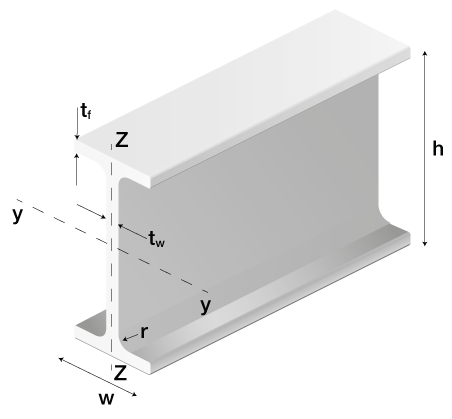
| Cross-sectional area | 5600.0 mm2 |
| Moment of inertia | 48,9x106 mm4 |
| E-modul | 31000.0 MPa |
| Colour | RAL 7035 |
| Quality | CE |
| Weight | 10.06 kg/m. |
Video
Video
Downloads
Downloads



